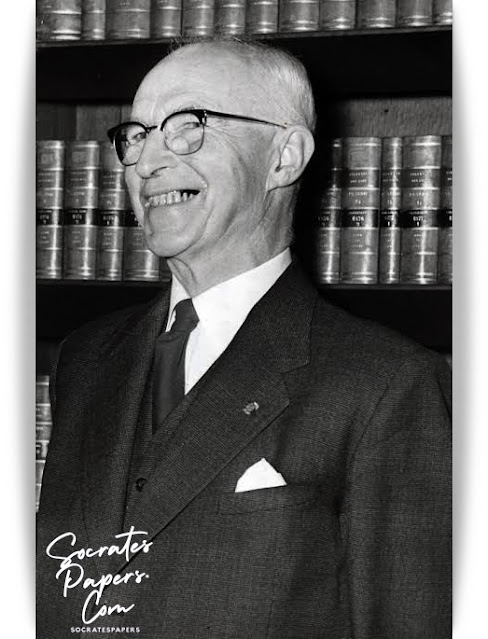Natural Law and The way Theory of thinking Natural Law on XVII Century
Natural Law
It has been explained that in the XVII century the function of natural law changed from explaining to judging.
Thus, reason or reason has a more important role, and thoughts about the state and law have the opportunity to develop in such a way.
This will have enormous political implications, like the revolution in France against the absolutist system, and in America against British colonialism.
In the XVIII century, reason or reason was transferred from the abstract to the concrete, as if the real relationship between the state and law.
The way of thinking Natural Law
Initially described the real situation about the government system of absolutism how it is practiced.
Then it was assessed, especially the nature of the king's irresponsibility towards his people, as well as his arbitrary actions against his people. Everything is in accordance with the ratio whether or not.
If it is not in accordance, then it is changed, if necessary by revolutionary action.
This is what led to the sudden emergence of teachings about the sovereignty of the people that were still vague.
Also John Locke theory of state power sharing will be confirmed and refined into a theory of separation of state powers by Montesquieu.
These theories are none other than intended and intended to negate the possibility of arbitrary actions carried out by kings or rulers who have absolute power. If possible, it would even negate the system of government of absolutism itself.
The school that was very influential in the XVIII century that wanted to test everything that existed was based on ratio, and which did not want to just give up on this existing situation, especially the situation brought about by history was the Aufklarung school (by Von Schmid Aufklarung copied with enlightenment) .
The Aufklarung followers included the king of Prussia, Frederik the Great. He is the one who occupies or has a major role in the flow. So the natural law scholar of the XVIII century whom we first call is Frederik the Great.






